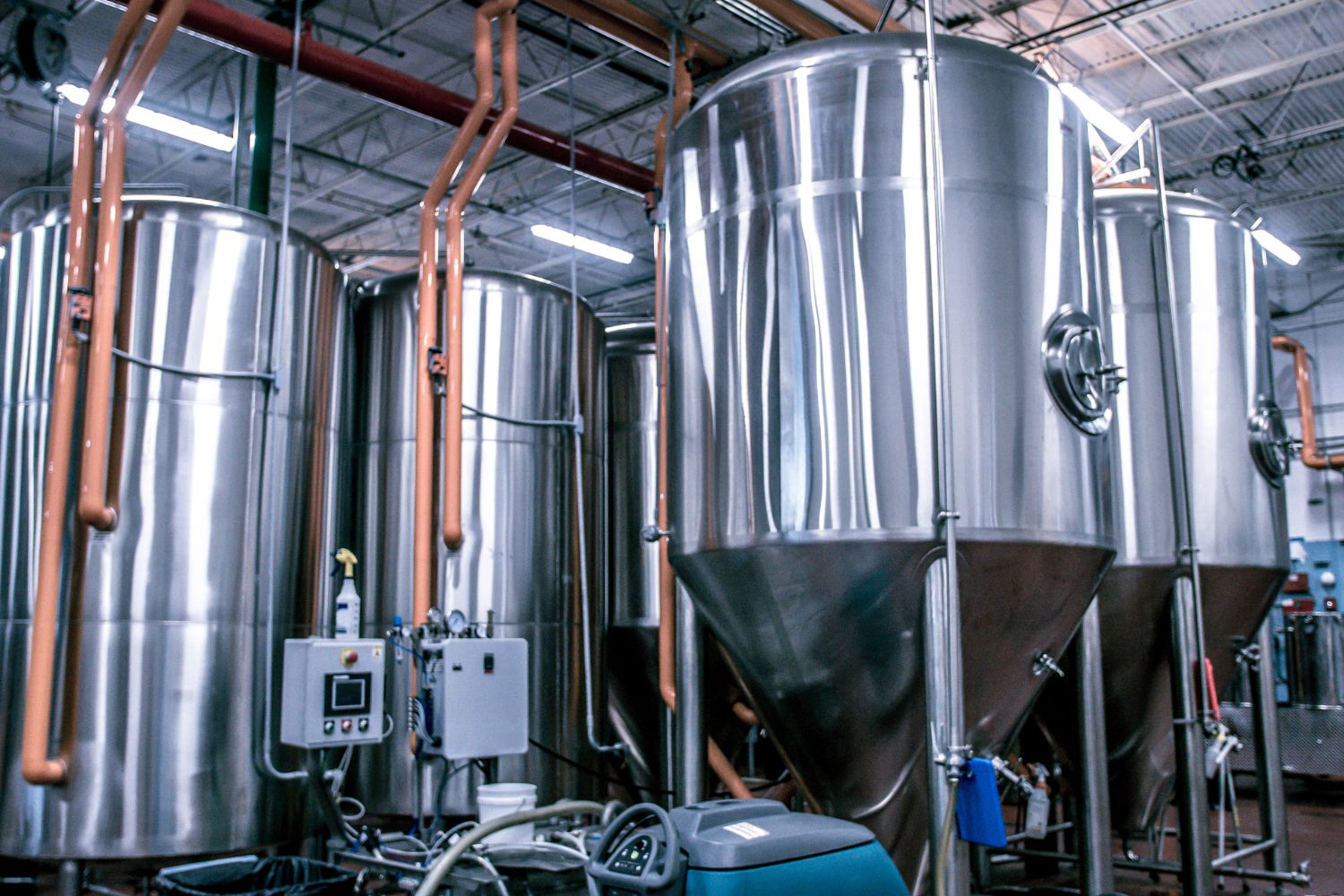The UK’s top 25 independent breweries have increased their turnover by 32% in the last year, from £998 million to £1.32 billion, says national accountancy group, UHY Hacker Young.

Following the end of Covid restrictions, pubs returned to full capacity, increasing the number of sales breweries made to pubs and pub groups.
There are fears that growth in independent breweries’ turnover will be hit by decreased demand from pubs and supermarkets, as consumer discretionary spending decreases. Pubs dealing with the costs of soaring energy prices are more limited in their beer purchasing ability than previously.
Brewery revenues are very likely to suffer the knock-on effects of the recent wave of pub and bar company insolvencies, as there will be fewer pubs to make orders. There was an 83% increase in pub and bar insolvencies in 2022, with 512 companies ceasing trading.
Some breweries have already had to implement cost-saving measures, such as reducing operating hours, closing temporarily, or offering a reduced menu. Many have been forced to close permanently, with craft brewers Wild Beer and Tyne Bank going into administration at the end of last year.
After many years of rapid revenue growth, the seven craft breweries in this list have seen growth in annual revenue slow to 20%, overtaken by the 32% growth among non-craft breweries.
While the top 25 independent breweries have seen revenues pick up in the past year, they have not returned to pre-pandemic levels, which saw them reach £1.57bn in turnover in 2019.
“The UK’s independent brewery market has been fuelled by craft breweries in recent years,” said James Simmonds, partner at UHY Hacker Young. But now there are concerns the market’s smaller companies will struggle to secure debt in a weak economic environment, due to limited cash funds or assets to use as security.
“Independent brewers in particular may struggle to reduce costs compared to larger competitors, as their smaller scale means they are less able to negotiate beneficial deals with energy suppliers.”
“Craft brewers have benefited from consumers’ taste in beer becoming more sophisticated, as well as the growing preference for independent and locally-sourced goods. However, the cost of living crisis means many consumers will either cut back on spending on craft beers, or opt for more affordable products.”

